Argentina is thrown a $50bn lifeline
Argentina has agreed s $50bn credit deal with the IMF, which should stabilise the currency and encourage foreign investment.

Get the latest financial news, insights and expert analysis from our award-winning MoneyWeek team, to help you understand what really matters when it comes to your finances.
You are now subscribed
Your newsletter sign-up was successful
Want to add more newsletters?

Twice daily
MoneyWeek
Get the latest financial news, insights and expert analysis from our award-winning MoneyWeek team, to help you understand what really matters when it comes to your finances.

Four times a week
Look After My Bills
Sign up to our free money-saving newsletter, filled with the latest news and expert advice to help you find the best tips and deals for managing your bills. Start saving today!

"If you are going to go, go big and get on with it," says the Financial Times. Argentina and the International Monetary Fund (IMF) have done exactly that, agreeing a large financing deal unexpectedly quickly. Argentina will have access to a $50bn credit line, and in return will give the central bank full independence and aim for a balanced primary budget (spending before interest-rate payments) by 2020. These are "wise" measures, and in line with President Mauricio Macri's plans. "He is as close to economically orthodox as any president in decades."
Why did he need help in the first place? Argentina was the victim of a panic attack among investors a few weeks ago. All emerging markets sold off as a rising dollar and the prospect of higher US interest rates reduced demand for riskier assets such as emerging markets. Argentina is among the most vulnerable due to its huge current account, or external deficit. This shortfall with the rest of the world is worth around 5% of GDP and must be plugged with foreign capital.
A hostile environment for emerging markets always leads to capital flight. Not only was Argentina unusually reliant on foreign money anyway, but it unnerved investors by raising its inflation target when inflation "refused to decline quickly enough". The Argentine peso, which has lost almost a fifth since April, looked vulnerable to a run.
MoneyWeek
Subscribe to MoneyWeek today and get your first six magazine issues absolutely FREE

Sign up to Money Morning
Don't miss the latest investment and personal finances news, market analysis, plus money-saving tips with our free twice-daily newsletter
Don't miss the latest investment and personal finances news, market analysis, plus money-saving tips with our free twice-daily newsletter
Inflation is still at 28%, and the state will need to keep a lid on spending to bring it down, says Lex in the FT. That could affect Macri's popularity when elections are due next year. Still, a cheaper and more stable currency should encourage foreign investment, crucial to productivity and long-term growth. It is currently worth 2% of GDP, half the regional average. This IMF package is good news.
Get the latest financial news, insights and expert analysis from our award-winning MoneyWeek team, to help you understand what really matters when it comes to your finances.

-
 Should you buy an active ETF?
Should you buy an active ETF?ETFs are often mischaracterised as passive products, but they can be a convenient way to add active management to your portfolio
-
 Power up your pension before 5 April – easy ways to save before the tax year end
Power up your pension before 5 April – easy ways to save before the tax year endWith the end of the tax year looming, pension savers currently have a window to review and maximise what’s going into their retirement funds – we look at how
-
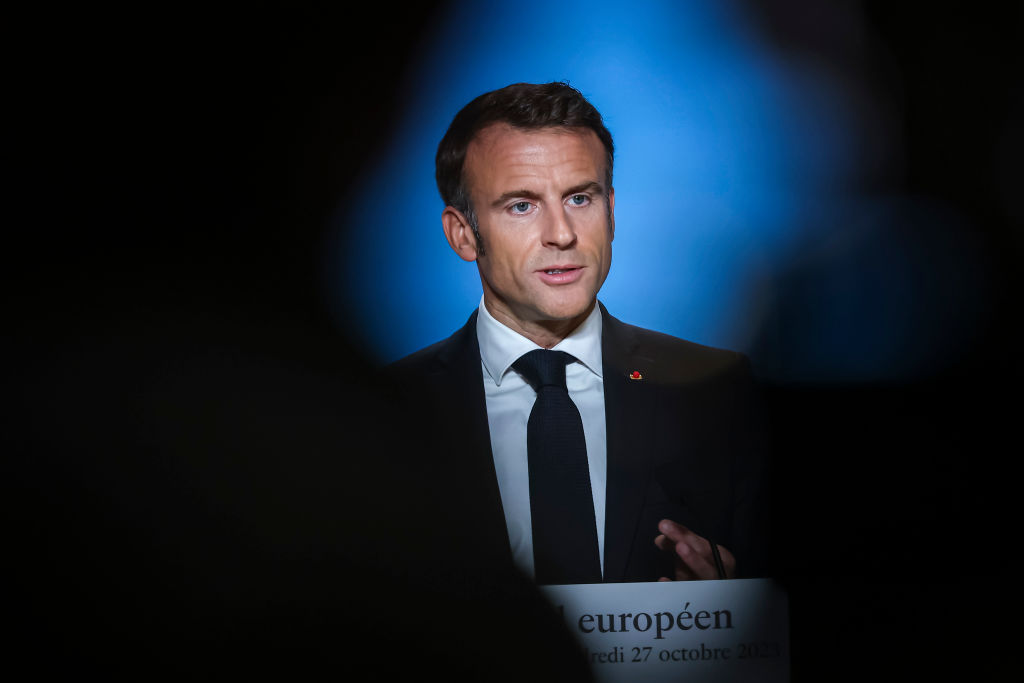 The French economy's Macron bubble is bursting
The French economy's Macron bubble is burstingCheap debt and a luxury boom have flattered the French economy. That streak of luck is running out.
-
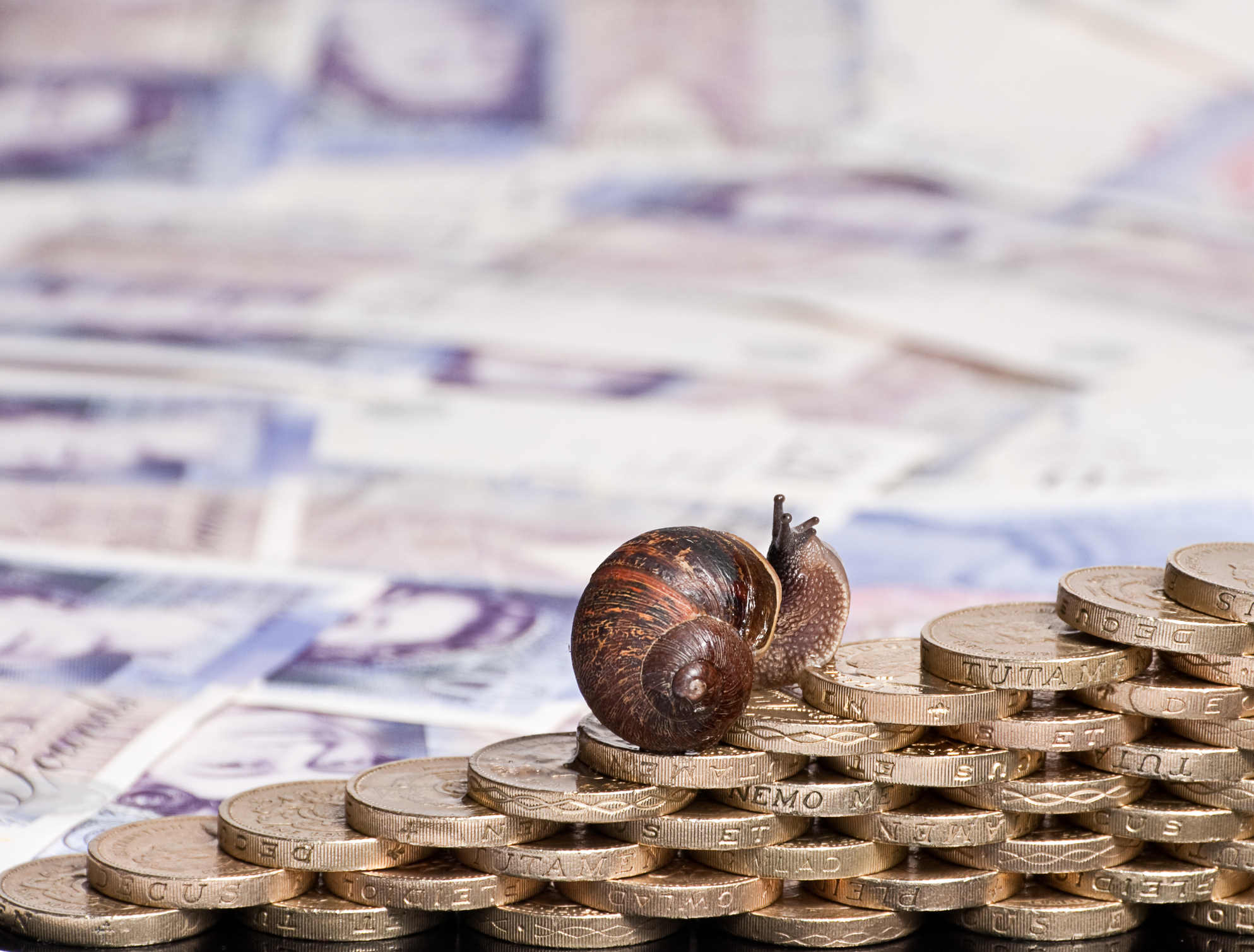 What is stagflation and what can be done about it?
What is stagflation and what can be done about it?The UK economy is showing signs of weakness, but inflation remains stubbornly high – a dangerous combination that economists call ‘stagflation’
-
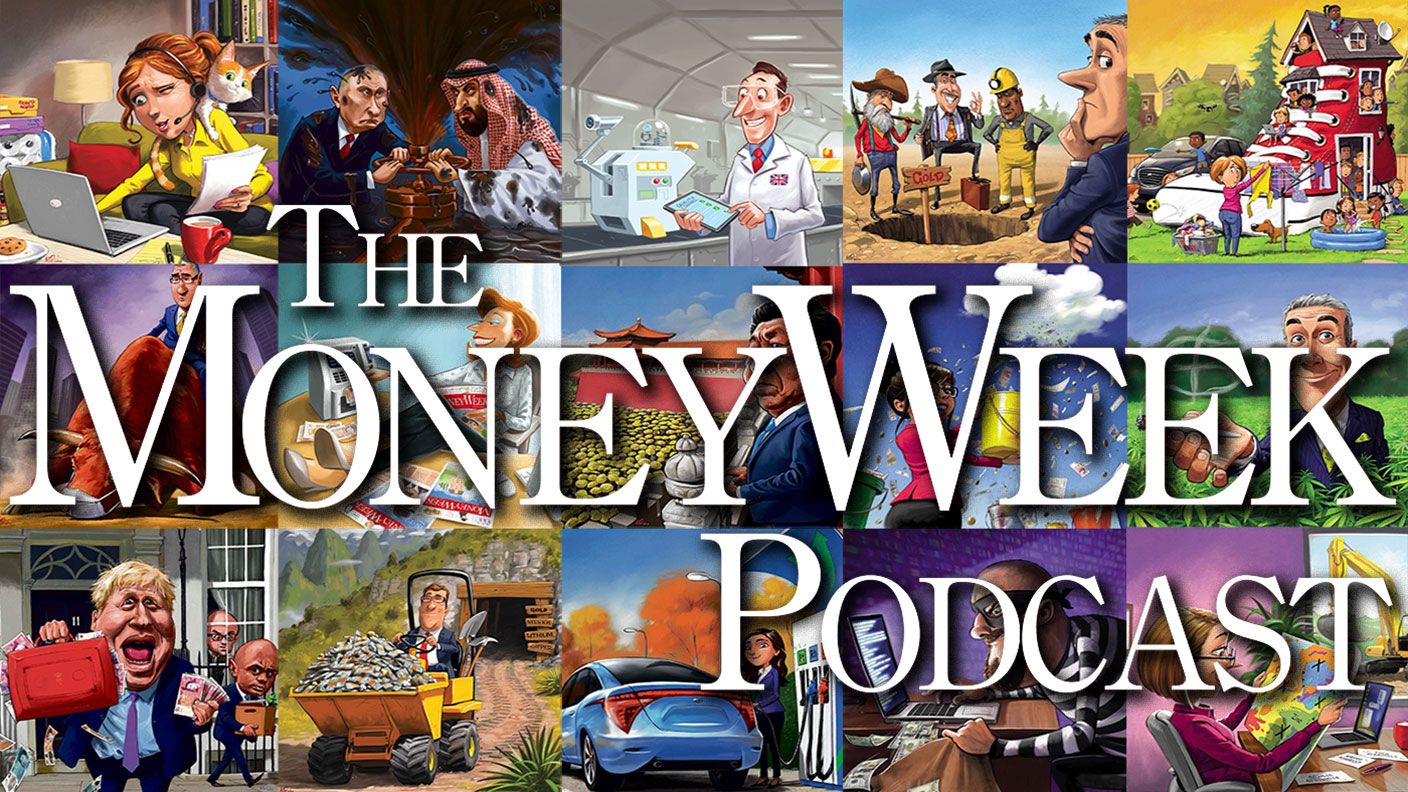 Mohamed El-Erian: inflation, disinflation and the mistakes of central bankers
Mohamed El-Erian: inflation, disinflation and the mistakes of central bankersPodcasts Merryn talks to economist Mohamed El-Erian about the state of the global economy, how the Fed became hostage to the marketplace, and how you should position your investments in distorted markets.
-
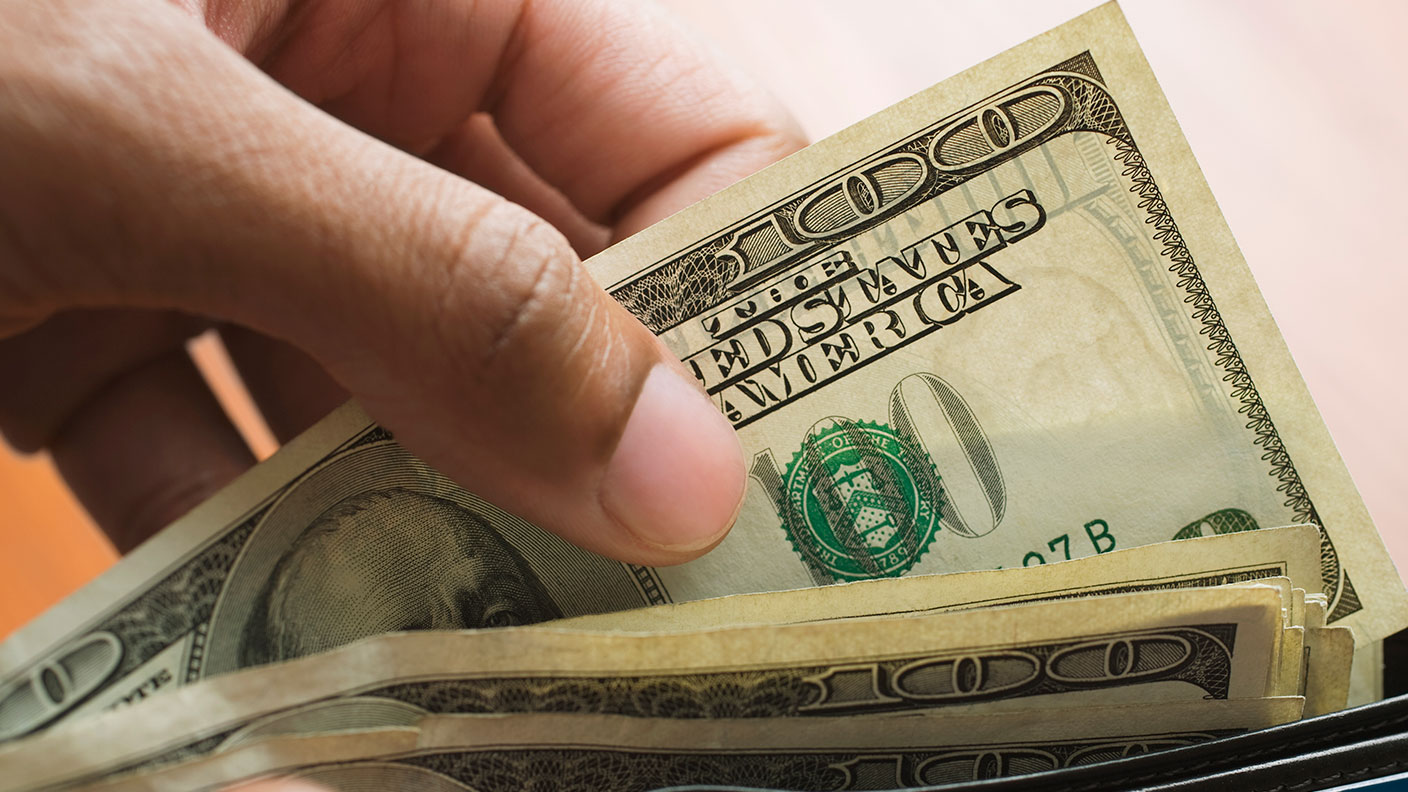 Three key lessons on the 50th anniversary of the gold standard's demise
Three key lessons on the 50th anniversary of the gold standard's demiseAnalysis Since 1973, the global monetary system has been backed by the dollar, not by gold. John Stepek looks at whether that will last and what may be next.
-
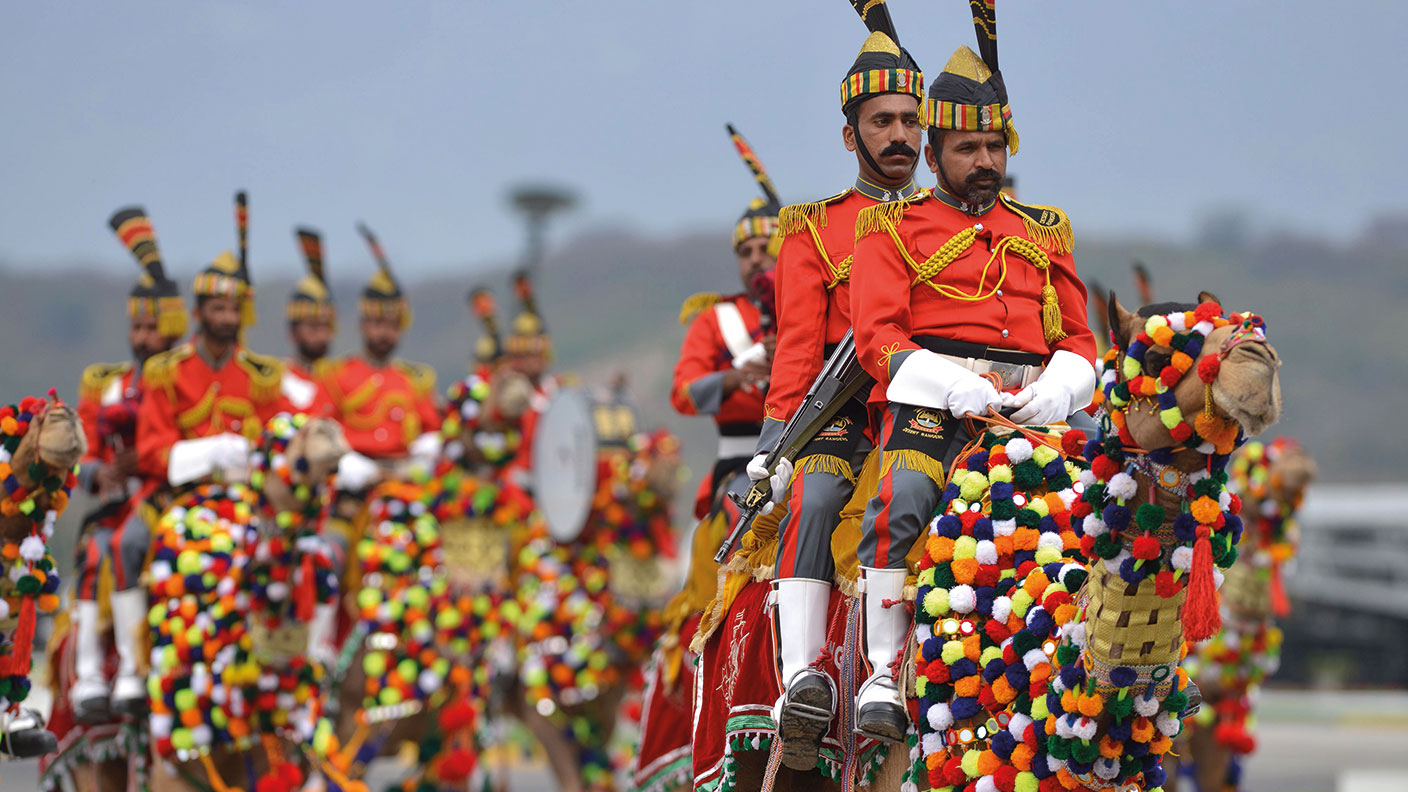 The IMF and World Bank: a truly gruesome twosome
The IMF and World Bank: a truly gruesome twosomeOpinion The International Monetary Fund and the World Bank, set up in 1944, now look sclerotic and ineffectual, says Jonathan Compton.
-
Greece emerges from intensive care
Features Following three rescue packages in eight years, the eurozone’s problem child is standing on its own two feet again. But the debt crisis has merely been managed, not resolved. Alex Rankine reports.
-
 Greece: another serving of EU fudge
Greece: another serving of EU fudgeFeatures Greece is finally emerging from its financial rescue programme, but it will have to keep a tight lid on spending for years.
-
 Rattled investors flee Turkey
Rattled investors flee TurkeyFeatures Investors' flight form Turkey, after Recep Tayyip Erdogan won last Sunday’s election, is making a nasty recession all the more likely.